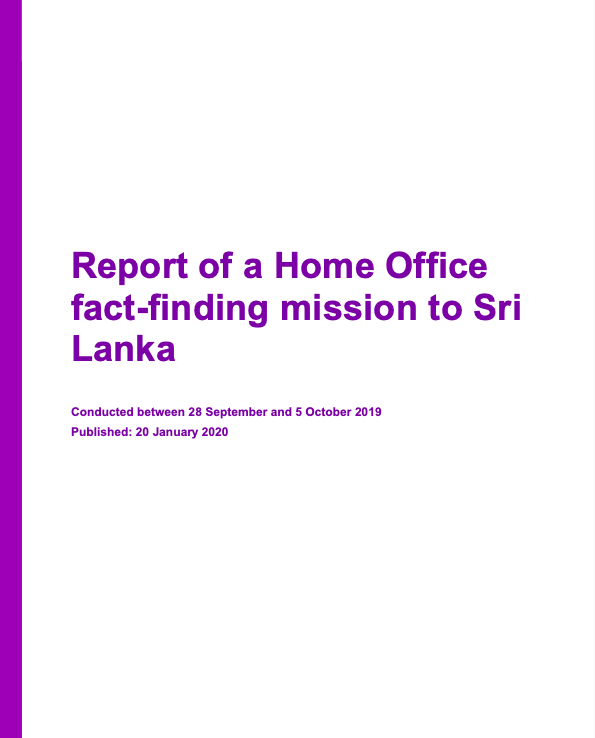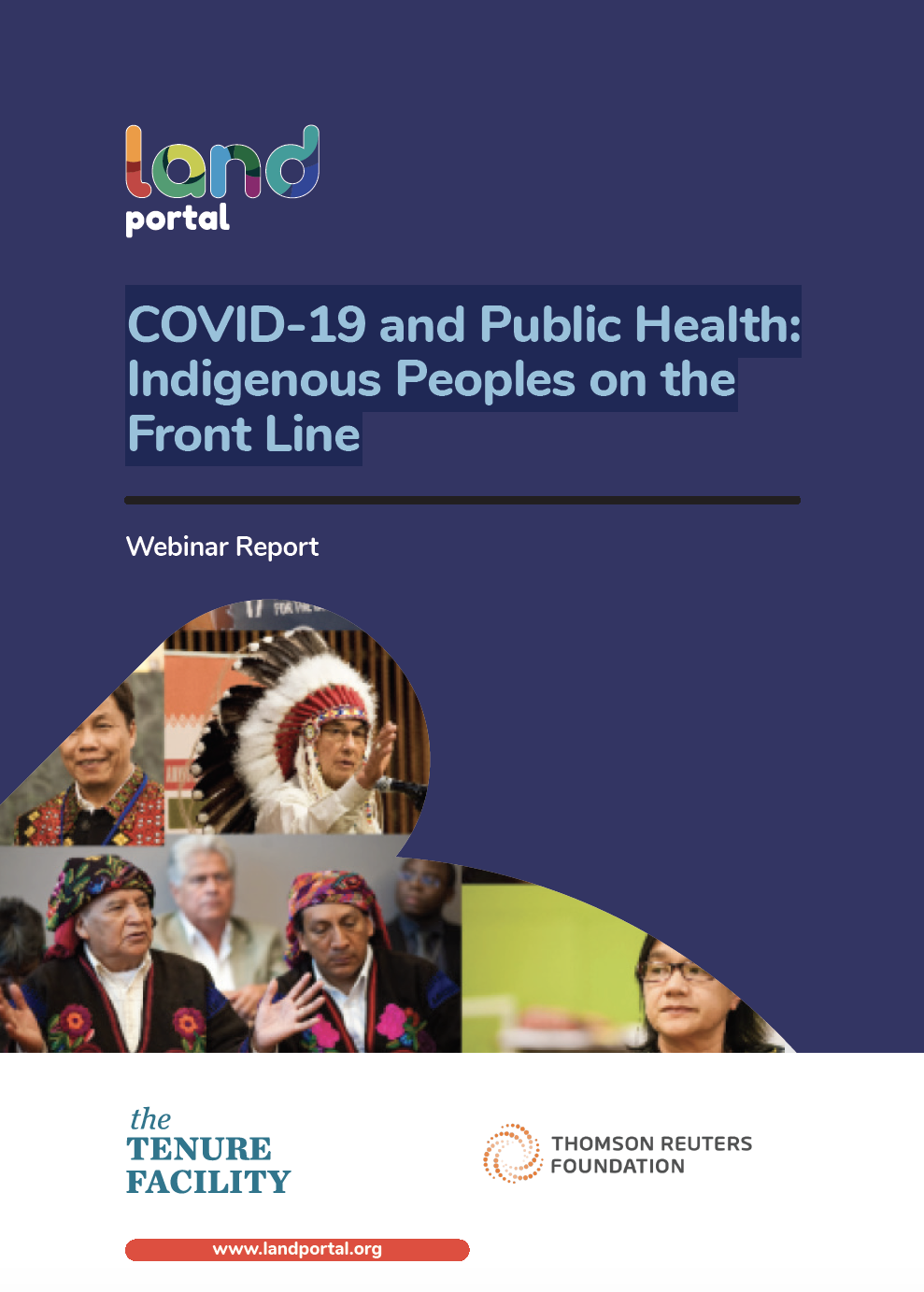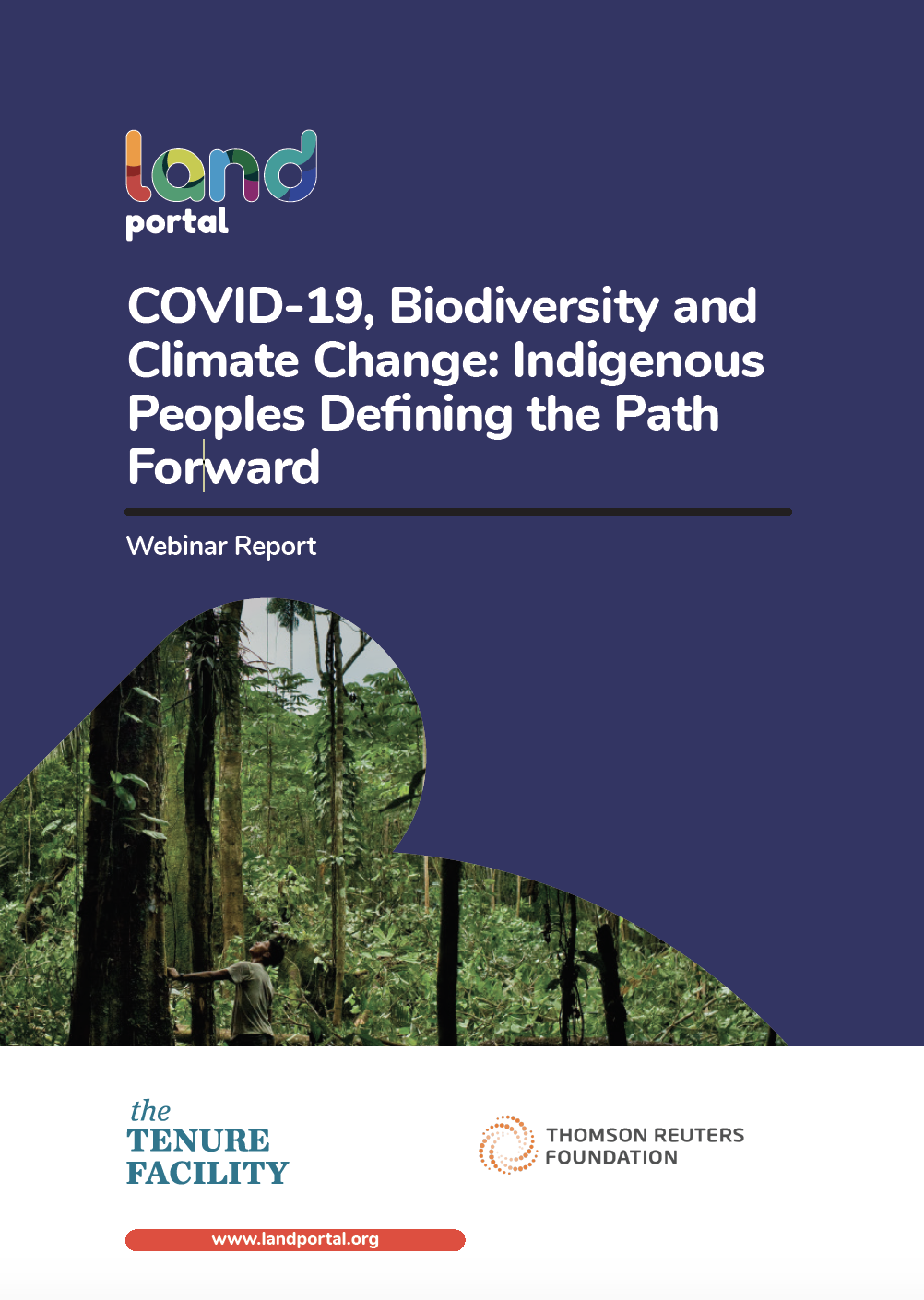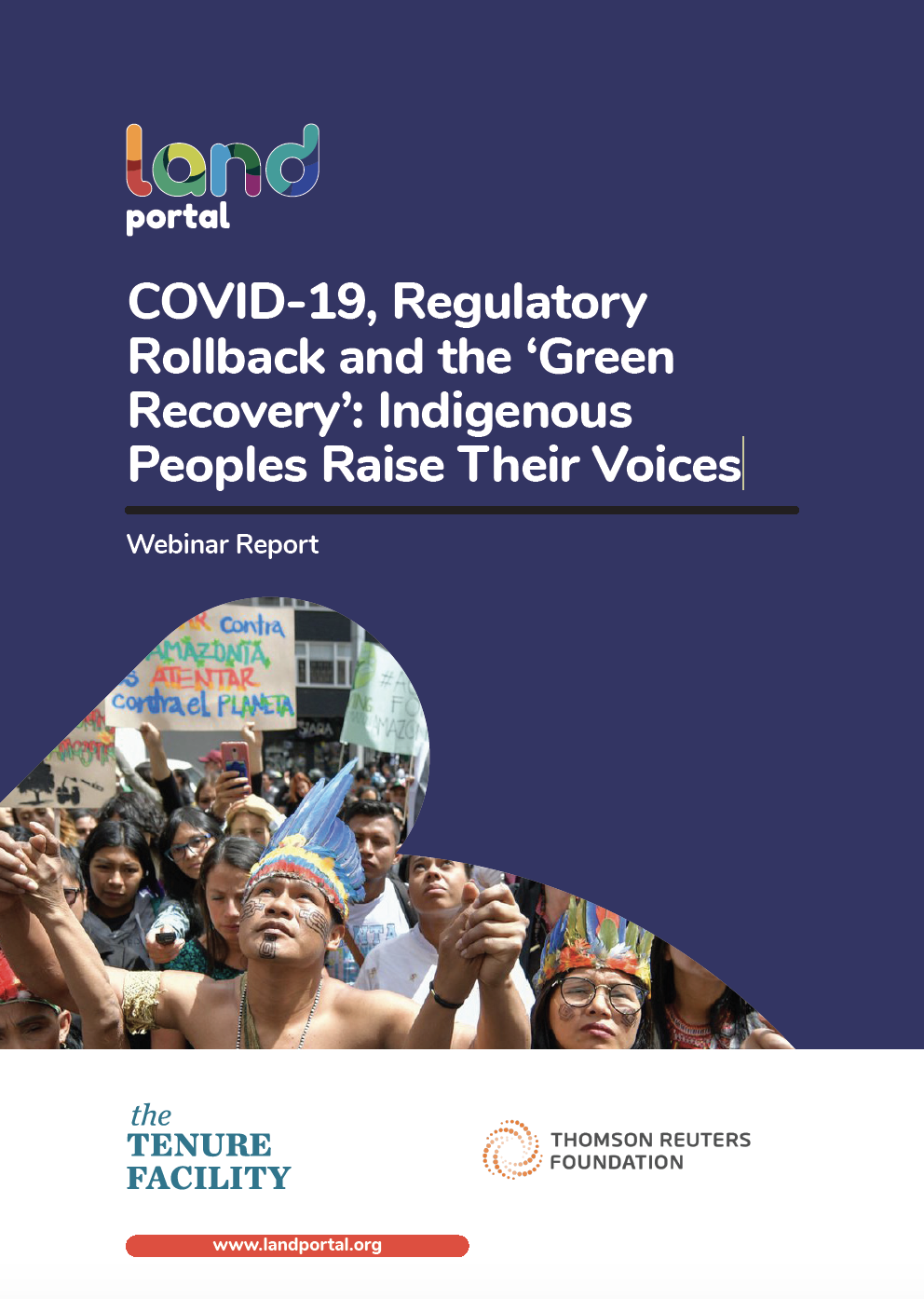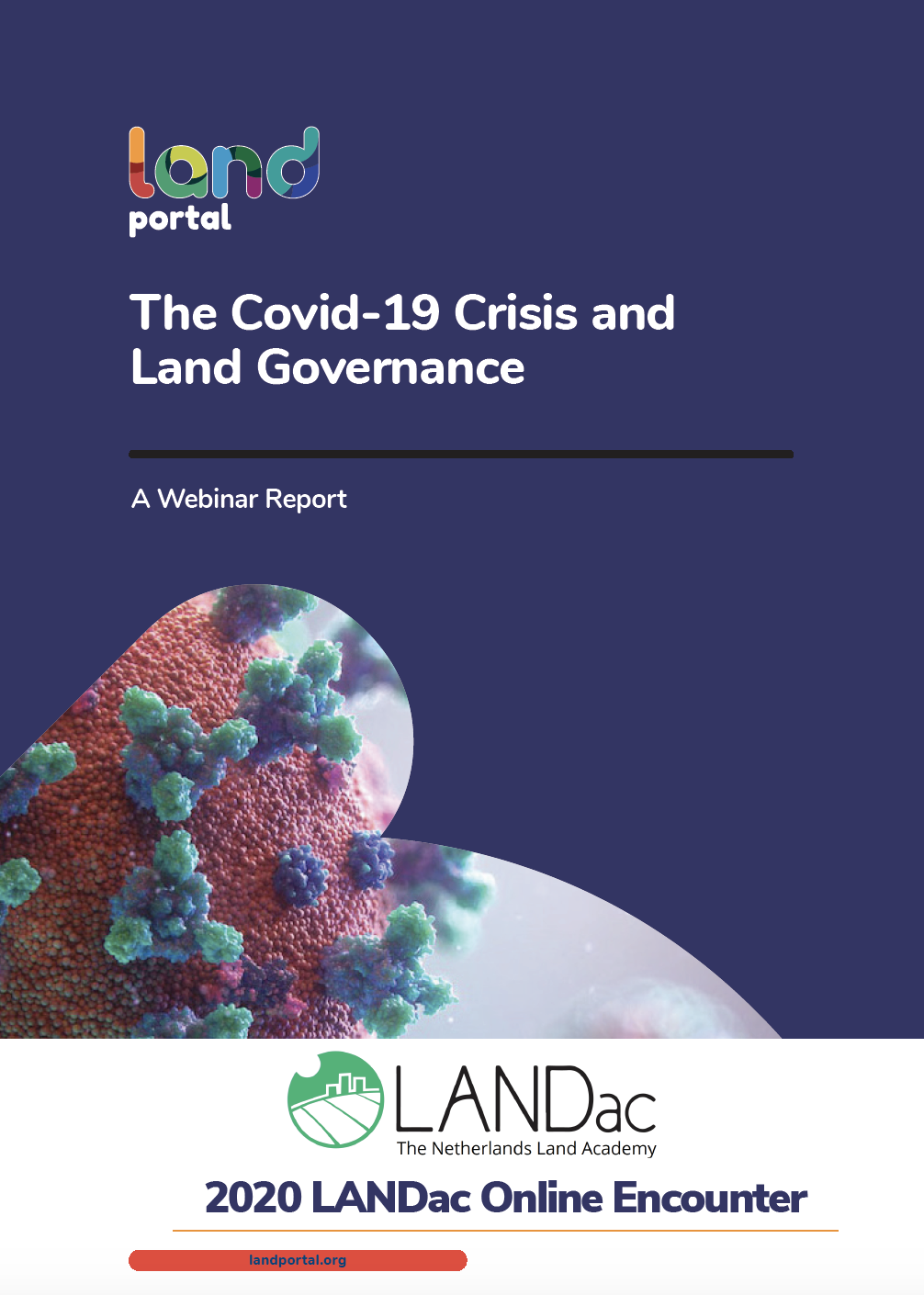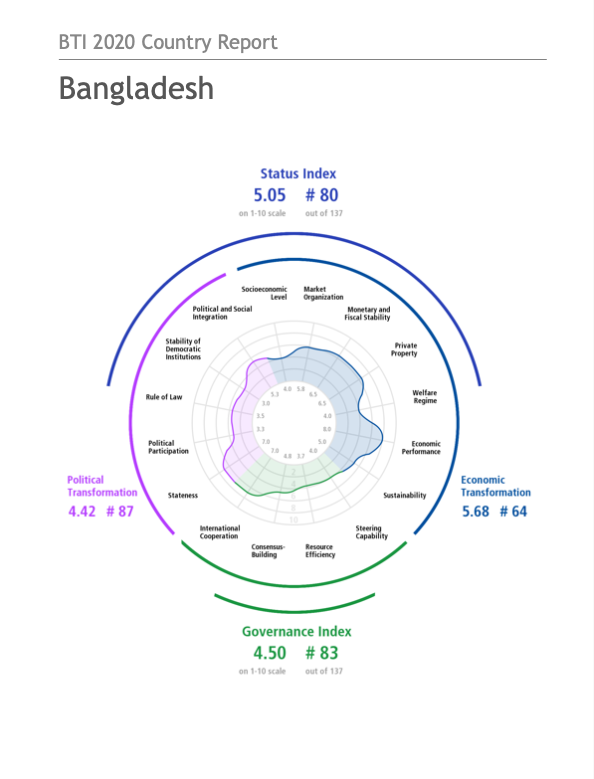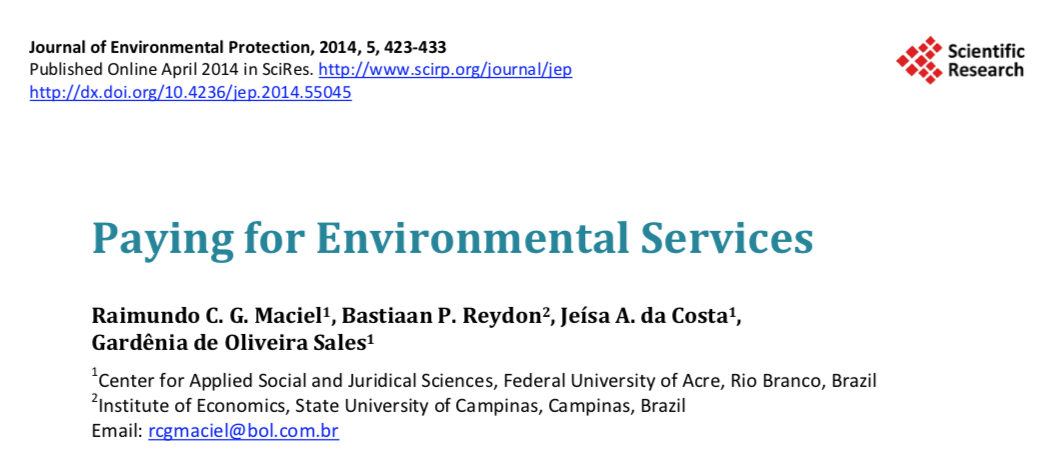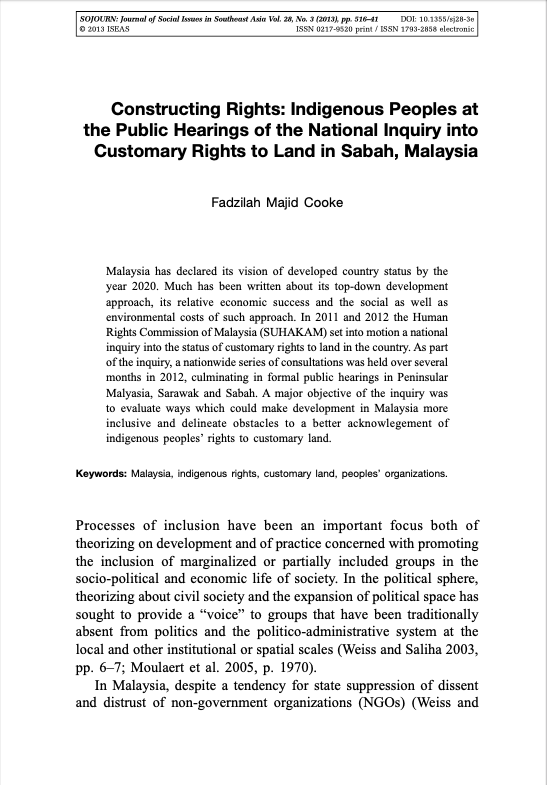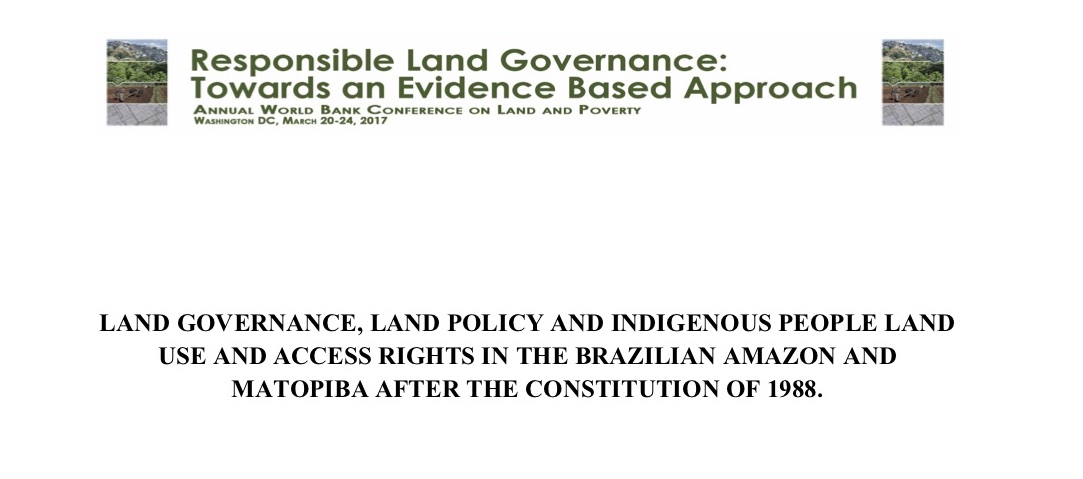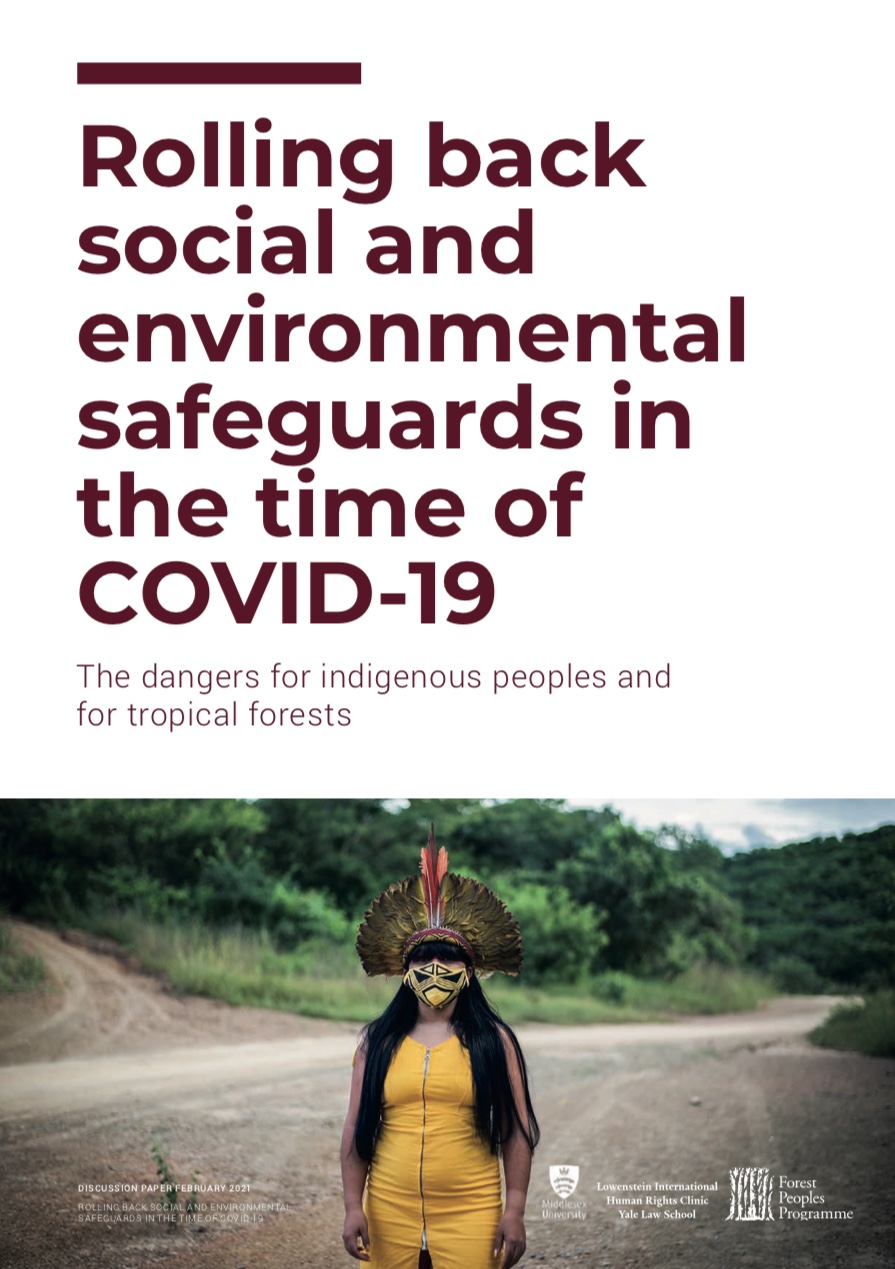Report of a Home Office fact-finding mission to Sri Lanka
ABSTRACTED FROM PURPOSE OF THIS MISSION: The purpose of the mission was to gather accurate and up-to-date information from a range of sources about a number of issues concerning the treatment of Tamils including the government’s attitude to diaspora activities and the treatment of members of diaspora groups, in particular members of the Transnational Government of Tamil Eelam (TGTE). The mission was also interested in gathering information about the treatment of members and former members of the Liberation Tamil Tigers of Eelam (LTTE).

